Specks of memory
The prestigious list of the 15 best documentaries eligible to compete in the Krakow Film Festival’s competition includes one Polish film – Boylesque by Bogna Kowalczyk. There is a clear theme recurring in productions from around the world – facing memory. And often also facing trauma, in both individual and collective sense.
The first one is at the centre of the gripping Little Axel, revolving around Leonard Cohen’s foster son. The second mainly concerns our part of Europe, where the old demons have been reawakened (No Place for You in Our Town) under the shock of transformation and rising populism. Even Norway has sinned with systemic racism and large-scale paedophilia cover-ups (the great investigative documentary Beneath the Surface). It is also worth seeing how the Czechs (Reconstruction of Occupation) or Chinese emigrants (Eternal Spring) talk about their difficult past. And how creatively they can use archival footage, animation, and even comics to do it. – announces Anita Piotrowska, film critic, curator of documentaries at the Krakow Film Festival.
Documentary film often plays the role of investigator, therapist, and memory keeper. Filmmakers uncover family secrets, reveal offences shamefully swept under the rug, verify historical facts. The individual fates of film protagonists have consequences for future generations, the fates of nations affect individual biographies. Memory is the leitmotif of this year’s Docs+Science series, but returns to the places where strawberries grow, penetrations of collective memory, recalling the taste of Proust’s madeleine, and other children’s matrices, such as the famous rosebud from the masterpiece Citizen Kane, will accompany many of this year’s projects. – adds Krzysztof Gierat, director of the Krakow Film Festival.
Documentary film often plays the role of investigator, therapist, and memory keeper. Filmmakers uncover family secrets, reveal offences shamefully swept under the rug, verify historical facts. The individual fates of film protagonists have consequences for future generations, the fates of nations affect individual biographies. Memory is the leitmotif of this year’s Docs+Science series, but returns to the places where strawberries grow, penetrations of collective memory, recalling the taste of Proust’s madeleine, and other children’s matrices, such as the famous rosebud from the masterpiece Citizen Kane, will accompany many of this year’s projects. – adds Krzysztof Gierat, director of the Krakow Film Festival.
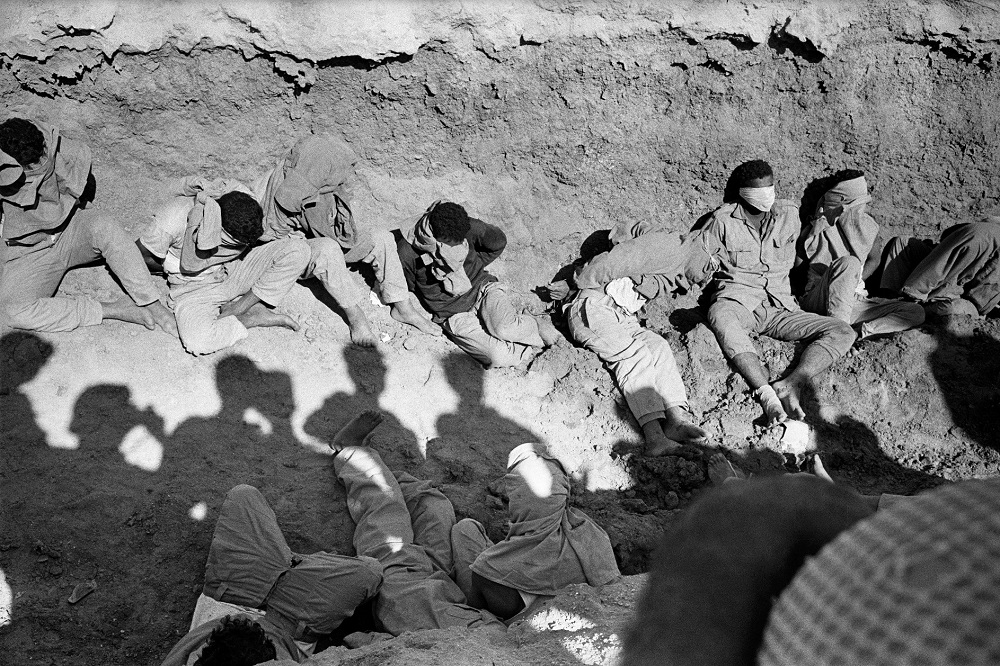
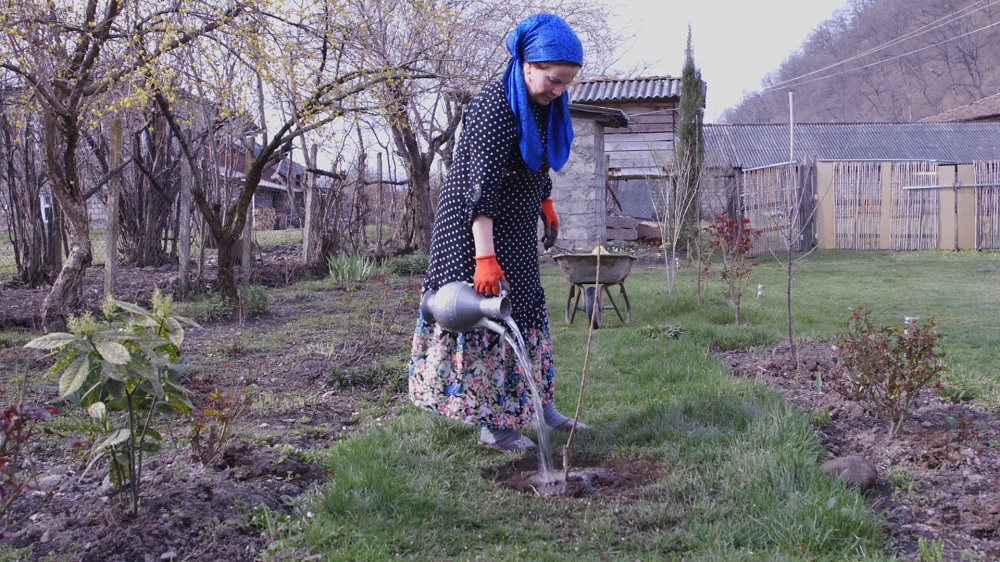
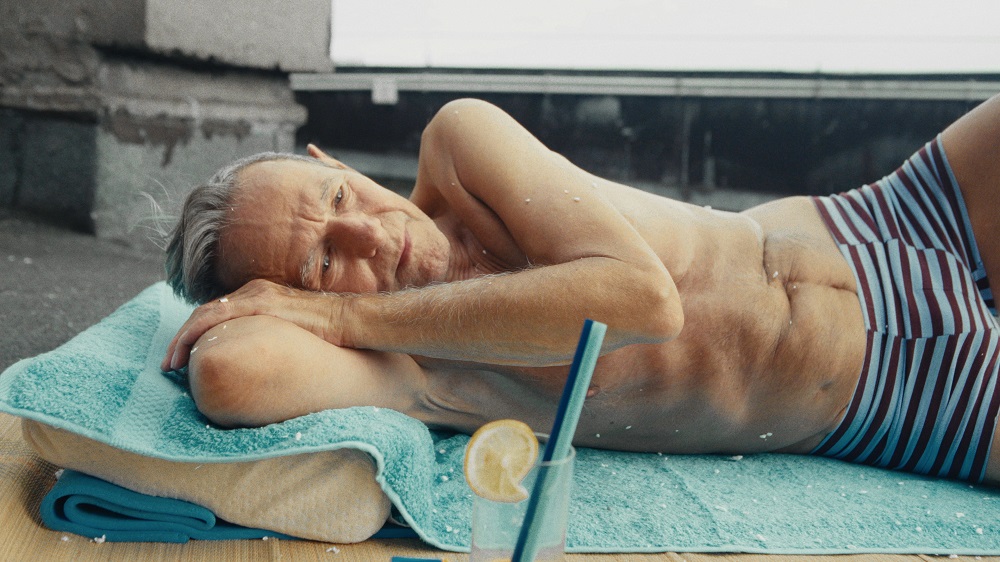
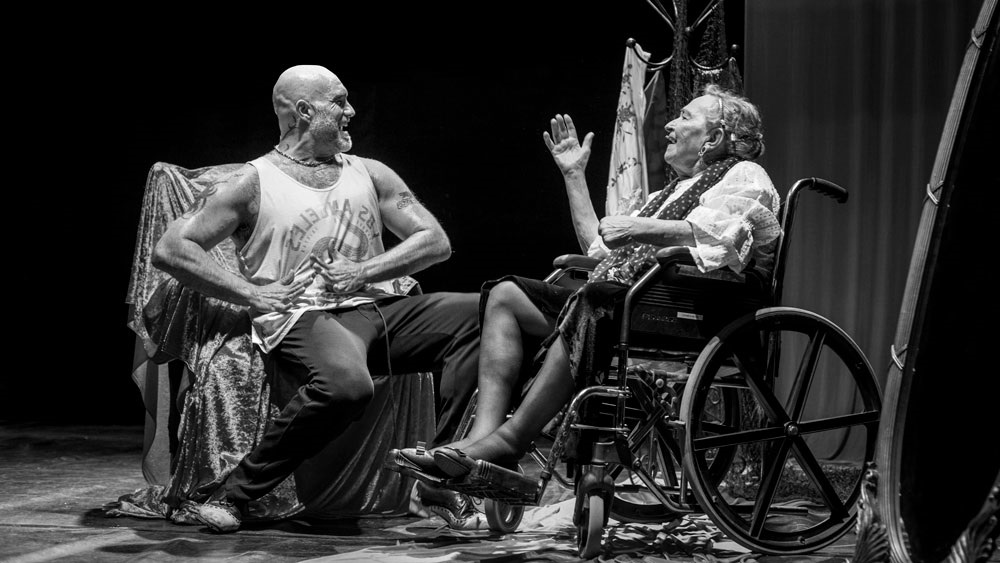
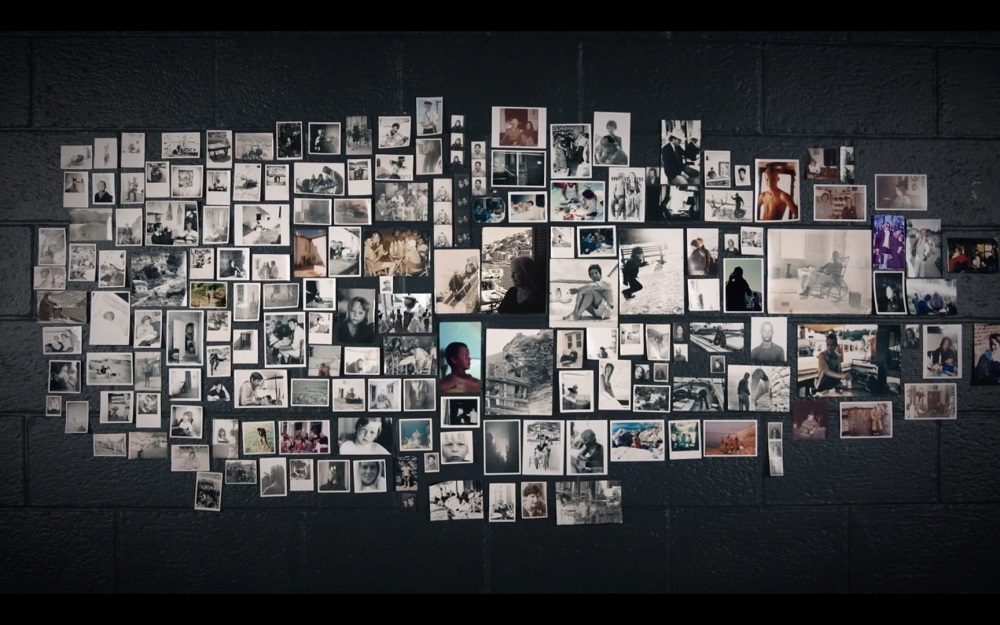
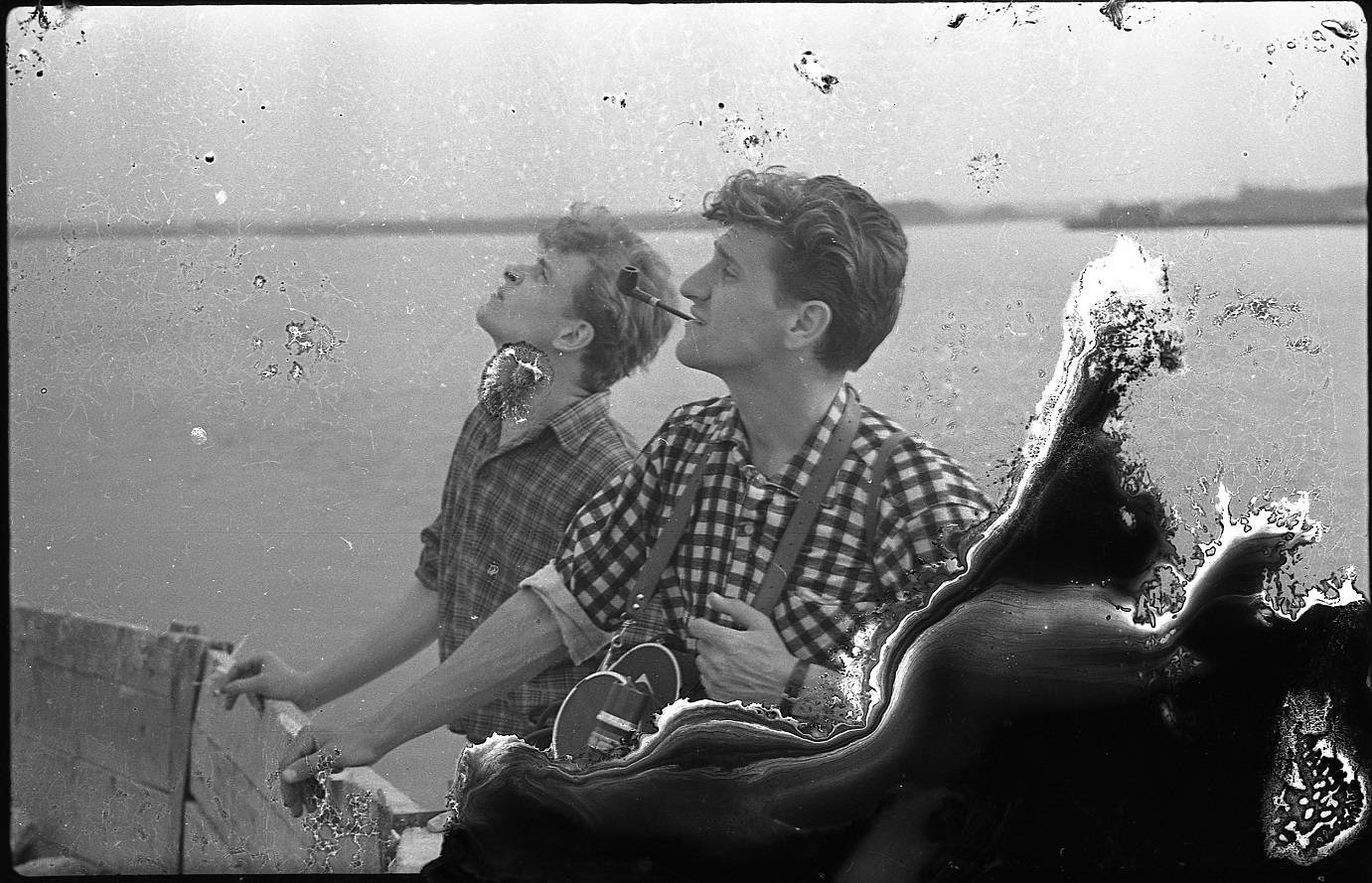
“Sometimes even the most horrible of things can be aesthetic,” says Micha Bar-Am, the legendary photographer. His work chronicles 60 years of Israeli history, particularly armed conflicts and ethnic tensions. He tells the story solely from behind the frame, and the film 1341 Frames of Love and War (dir. Ran Tal) takes the form of a collage of his iconic photos. Old photos also form the basis of Fragile Memory (dir. Ihor Ivanko). In a dacha near Odessa, the author of the film found an old photo archive of his grandfather’s – Ukrainian filmmaker Leonid Burlaka. Through these photos and footage shot by his grandfather over several decades, the documentary tries to save his life from oblivion.
Jan Šikl, the director of Reconstruction of Occupation, also uses archival materials. By utilising previously unknown footage, 1968 in Czechoslovakia turns into something more than just history. Phantom images and words read from lip movement years later take on a new power, allowing us to see invasion of Warsaw Pact troops from the perspective of ordinary people. In the film Eternal Spring (dir. Jason Loftus), we learn history through a completely different film technique – an animated comic. In March 2002, members of the banned group Falun Gong took control of a state-owned TV station. They wanted to express their disagreement with persecution, but instead contributed to even more intense repressions. Daxionga, the author of the comic book that recreates the atmosphere of those events, was one of the victims.
The documentary Beneath the Surface (dir. Alexander Niakaris Irvine-Cox) unfolds like the best Scandinavian crime drama. For many years there have been reports of paedophilia in the Norwegian town of Tysfjord, but the issue has been swept under the rug. The astonishing landscapes of the far North become the backdrop not only for intergenerational trauma and a local conspiracy, but also for long-hidden systemic racism towards the local Saami people. The magical landscapes of the Caucasus, in turn, are the setting for the film Adamiani (dir. Hirotoshi Takeoka), a complex story about the Kists, Georgian Chechens, inhabitants of the Pankisi Gorge, which has the reputation of a “terrorist breeding ground”.
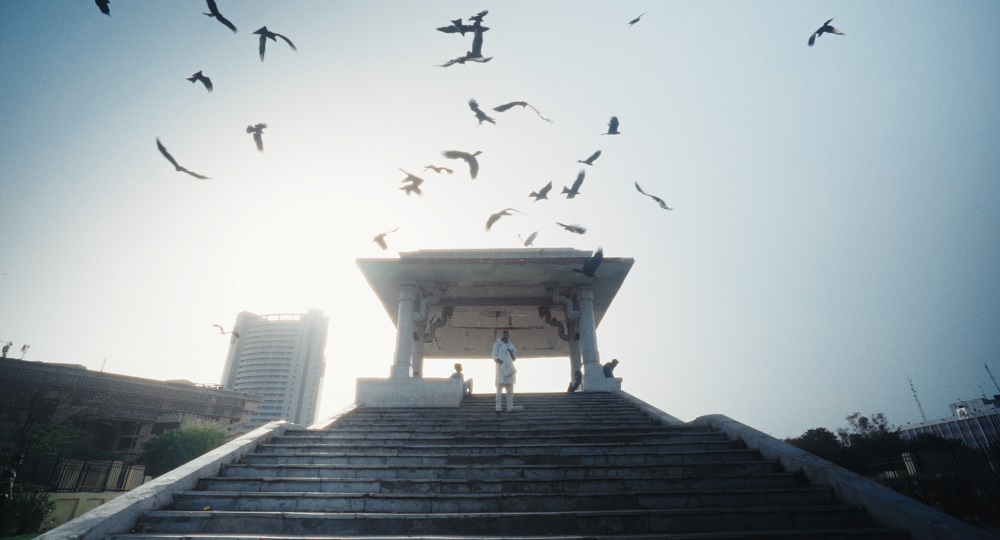
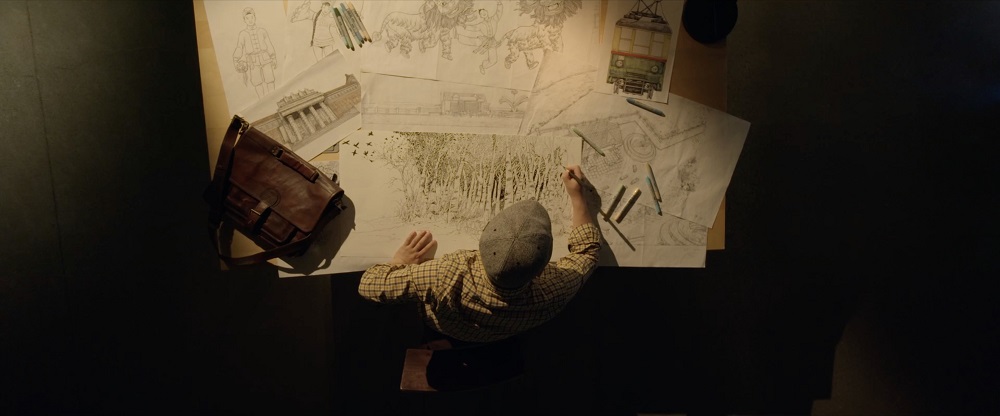
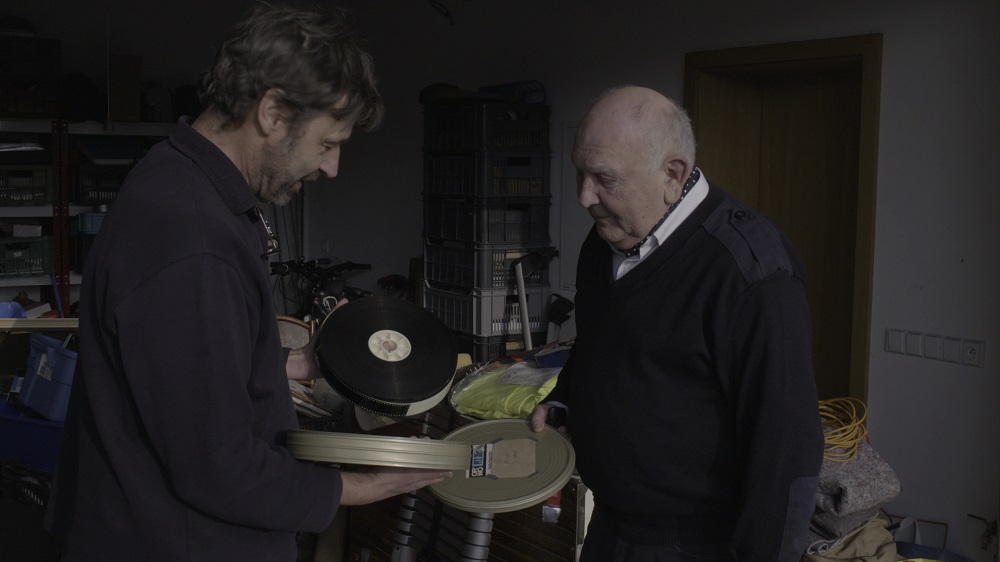
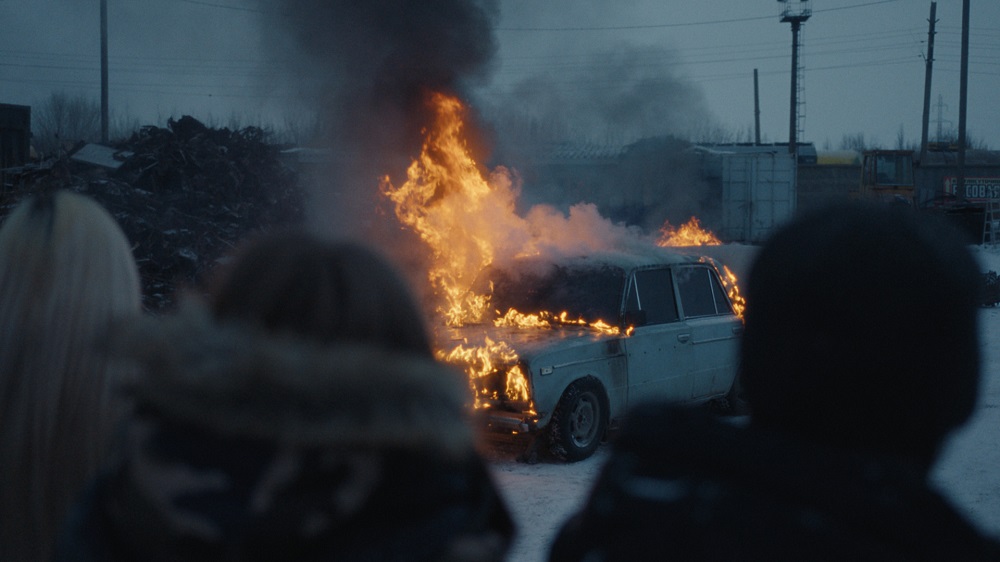
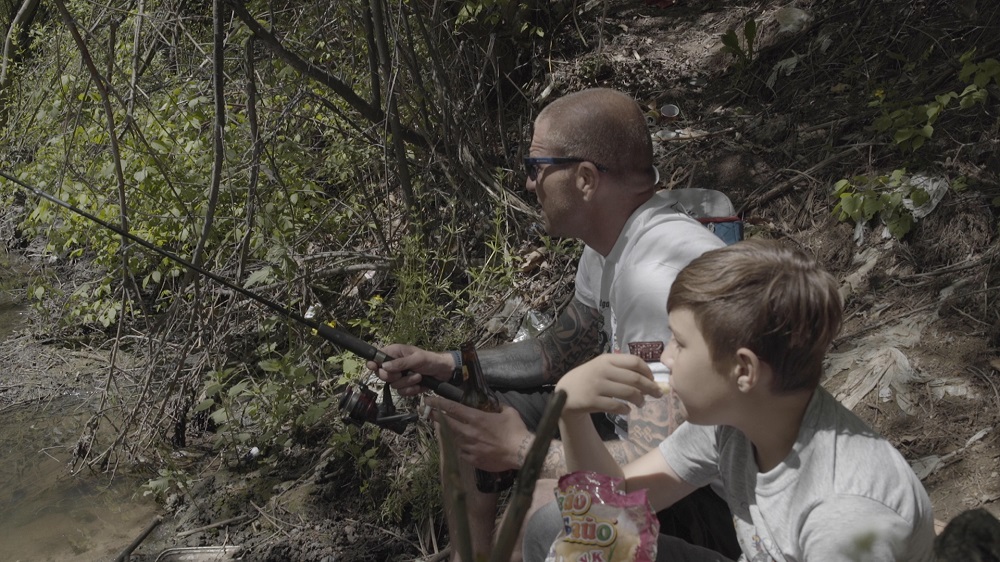
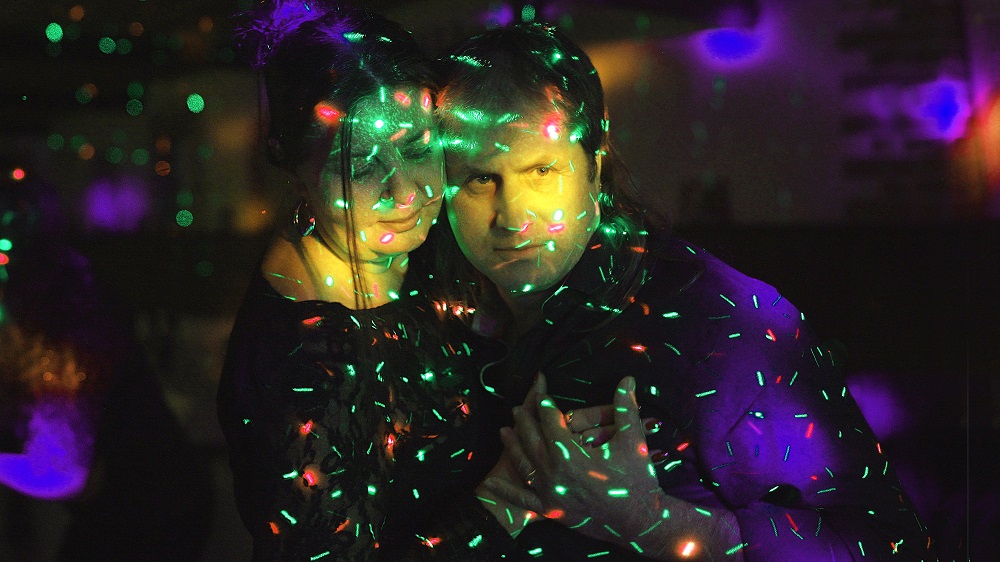
In Bulgaria, Pernik is considered the country’s cradle of football hooliganism. The director’s (Nikolay Stefanov) hometown, famous for its mining industry during the communist era, has its glory years behind it, hence the high level of frustration and aggression. The film No Place for You in Our Town follows the fate of the characters without prejudice, leaving the viewer to form their own opinion. The documentary Tolyatti Adrift (dir. Laura Sistero) also tells the story of a region gutted by industrial exploitation. A group of youngsters practicing illegal drifting form the Boyevaya Klassika movement. They drive around in their old Ladas – for which their hometown of Tolyatti was once famous. The film shows a city in ruins and a picture of another lost generation of Russians. Jaroslav (At Full Throttle, dir. Miro Remo) is seemingly an anti-hero: he failed to follow his dreams as a rally driver and hasn’t achieved anything. In front of the camera, he becomes a hero of our times – a simultaneously funny and tragic figure, led astray by various, including populist, forces.
We also get a close-up look at the tragic story of Axel, whose mother Marianne was Leonard Cohen’s partner of many years. In archival photos and films, his childhood looks like a grand Greek holiday. Why did this sweet little boy – Little Axel (dir. Fabien Greenberg, Bård Kjøge Rønning) spend 40 years in psychiatric hospitals? Another fascinating character is Justo Gallego Martínez (The Cathedral dir. Denis Dobrovoda), who 60 years ago began the construction of a cathedral in Mejorada del Campo, Spain. Without a permit, a design, and neither education nor background in construction. With his own funds and almost exclusively with his own hands. But what will happen to the unfinished cathedral after its builder passes away?
Lulla la Polaca (born 1938), the heroine of Boylesque by Bogna Kowalczyk, the only Polish film in the international competition, is the oldest Polish drag queen. Behind this stage persona is Andrzej – a man who has always fought for the right to individual expression, in spite of the prevailing climate in the country. In the film we get to know his more private incarnation: as a sensitive person and a dreamer. He knows how to enjoy life and is not bad in the world of dating sites, but at the same time is a man immersed in the past, slowly preparing for death. However, he does it with a lot flair and self-irony, treating his performance in front of the camera like another daring act. Another extraordinary artist we are going to meet is Paco Mora – an outstanding flamenco dancer and choreographer, also known for his performance in Carlos Saura’s film Salomé. He gave up his career to take care of his Alzheimer’s-stricken mother and fulfil her dream of dancing. In the film En mis zapatos (dir. Pedro Morato), we witness closeness and daily care that defy the ideas about male roles in the family.
The list of competing films comes to a close with All That Breathes (dir. Shaunak Sen). In one of the world’s most populated cities, cows, rats, monkeys, frogs, hogs and snails jostle cheek-by-jowl with people. Here, two brothers fall in love with a bird – the black kite. From their makeshift bird hospital in their tiny basement, the “kite brothers” care for thousands of these mesmeric creatures that drop daily from New Delhi’s smog-choked skies. As environmental toxicity and civil unrest escalate, the relationship between this family and the neglected kite forms a poetic chronicle of the city’s collapsing ecology and rising social tensions.
List of films qualified for the international documentary competition of the Krakow Film Festival
- 1341 Frames of Love & War, dir. Ran Tal, Israel, 90’ 2022
- Adamiani, dir. Hirotoshi Takeoka, Japan, Netherlands, 120′, 2021
- Boylesque, dir. Bogna Kowalczyk, Poland, 70′, 2021
- En mis zapatos, dir. Pedro Morato, Belgium, 61′, 2021
- The Cathedral, dir. Denis Dobrovoda, Slovakia, 90′, 2022
- Fragile Memory, dir. Ihor Ivanko, Ukraine, Slovakia, 85′, 2022
- Little Axel, dir. Fabien Greenberg, Bård Kjøge Rønning, Norway, 53’, 2021
- At Full Throttle, dir. Miro Remo, Czech Republic, Slovakia, 85′, 2022
- No Place For You In Our Town, dir. Nikolay Stefanov, Bulgaria, 85′, 2022
- Beneath the Surface, dir. Alexander Niakaris Irvine-Cox, Norway, Great Britain, 102′, 2022
- Tolyatti Adrift, dir. Laura Sistero, Spain, 70′, 2022
- Reconstruction of Occupation, dir. Jan Šikl, Czech Republic, 100′, 2021
- The Hamlet Syndrome, dir. Elwira Niewiera, Piotr Rosołowski, Poland, Germany, 85′, 2022
- Eternal Spring, dir. Jason Loftus, Canada, 86′, 2022
- All That Breathes, dir. Shaunak Sen, USA, Great Britain, India, 97′, 2022
Krakow Film Festival is included on the prestigious list of film events qualifying for the Academy Awards in the short film competition (fiction film, animated film, documentary film) and feature-length documentary film competition, as well as recommending films for the European Film Awards in the same categories.
The Kraków Film Festival is organised with the financial support of the European Union as part of the “Creative Europe” program, the City of Kraków, the Polish Film Institute, the Ministry of Culture, National Heritage and Sports, and the Lesser Poland Province. The co-organiser is the Polish Filmmakers Association, and the main organiser is the Krakow Film Foundation.
The Krakow Film Festival will be held in Kraków cinemas from 29 May to 5 June, and online throughout Poland on 3–12 June 2022.